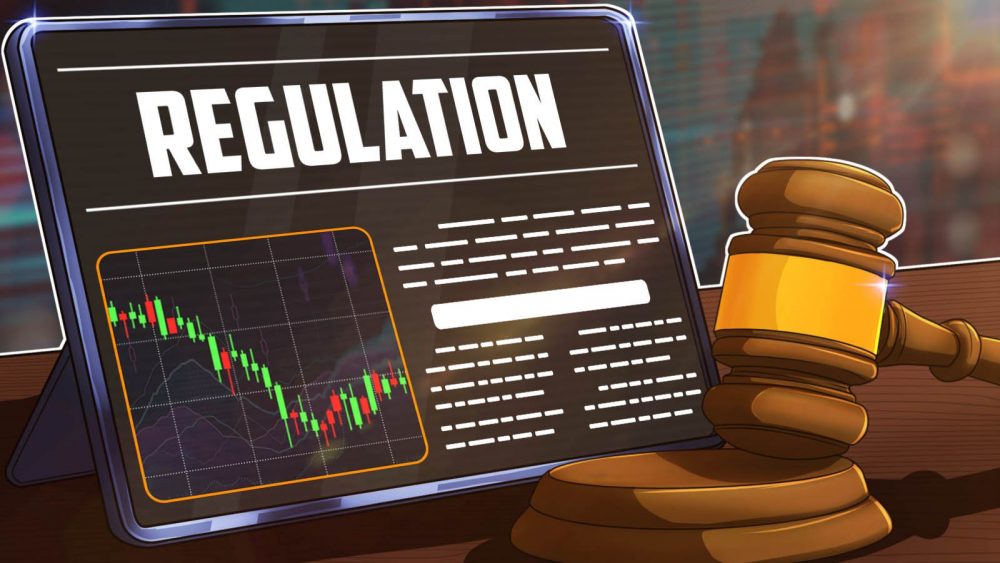As the end of 2022 approaches, countries accelerated regulations regarding cryptocurrencies. In this context, Kazakhstan lawmakers approved the corporate tax for Bitcoin miners last week. Along with this, he also passed a bill that would impose restrictions on the industry’s energy consumption nationwide. The Bank of Canada, on the other hand, published an analytical note on stablecoins. Also, in the US, developments are taking place for regulatory agencies. Here are the details…
Kazakhstan tightens regulations for miners
The law, dubbed “On Regulating Digital Assets in Kazakhstan,” was one of three crypto-related laws approved by the country’s lower house, known as Mazhilis, last Thursday, according to the parliamentary website. The bill is now going to the Senate for debate and another round of voting. If the Senate also approves the bill, the president must sign it for it to become law. Kazakhstan’s grid operator KEGOC cut off electricity to crypto mines in January. However, the campaign to prevent illegal mining continues.

According to current discussions, the bill will allocate about 500 megawatts (MW) to miners. Also, registered miners will be able to buy extra power from the grid. Most importantly, miners will pay corporate tax under the bill. In addition, President Kassym-Jomart Tokayev signed the tax increase law for miners’ electricity use, which is scheduled to come into effect at the beginning of 2023, in August.
However, miners may have to sell three-quarters of their crypto locally through government-approved exchanges starting in 2024. As a result, new legislation may discourage investors. Didar BekbauBekbau, founder of local mining firm Xive.io, said:
Confidence was shaken, many investors left Kazakhstan and canceled expansion plans.
Bank of Canada weighs in on stablecoin regulations
The Bank of Canada has released an analytical note on stablecoins. In the note, the bank emphasized that the mechanisms for the creation and distribution of stablecoins need to be reviewed. It also included a list of potential risks and benefits. The global market for fiat-referenced crypto-assets increased 30-fold between early 2020 and mid-2022. The central bank included the following words in its report:
These cryptoassets can bring efficiency and more competition to payment services, especially in a more digitalized economy. However, without measures, they can pose significant risks to the stability of the financial system. Currently, the top three fiat-referenced cryptoassets hold 90% of the total fiat-referenced cryptoasset market; […] Similarly, the top 1% of investors hold about 90% or more of the total supply of fiat-referenced major crypto assets.

This kind of concentration has a huge impact on these cryptocurrencies and investors. It also means that these effects can cause a major problem on the economy as a whole. USDT, USDC, BUSD and DAI are the leading stablecoins mentioned in the report. In its report, the bank also stated:
Despite guidance from international standards-setting bodies regarding the regulation of fiat-referenced cryptoassets, most current regulatory regimes in Canada and abroad are currently not fit for purpose… A timely and comprehensive regulatory approach in Canada will ensure that fiat-referenced cryptoassets can provide potential benefits without imposing unnecessary risks.
Cryptocurrency legislation is on the agenda again in the USA
Patrick McHenry will soon be chairman of the House Financial Services Committee. As McHenry’s presidency approaches, he once again introduced the Financial Services Innovation Act, which aims to create innovation offices within government agencies. This shows that the new incoming president wants to continue the bill. The bill calls for financial regulators to set up “Financial Services Innovation Offices”. McHenry said in a statement on the subject:
It is critical that our regulatory process work with financial innovation, not against it. This legislation I am presenting will help financial institutions and entrepreneurs bring innovative products and services to market sooner, while also considering critical consumer protection measures.

Some regulators already have dedicated innovation offices. Under the bill, Federal Financial Regulators will also have to publish a list of existing regulations they are considering waiving for financial services firms using new technology.





